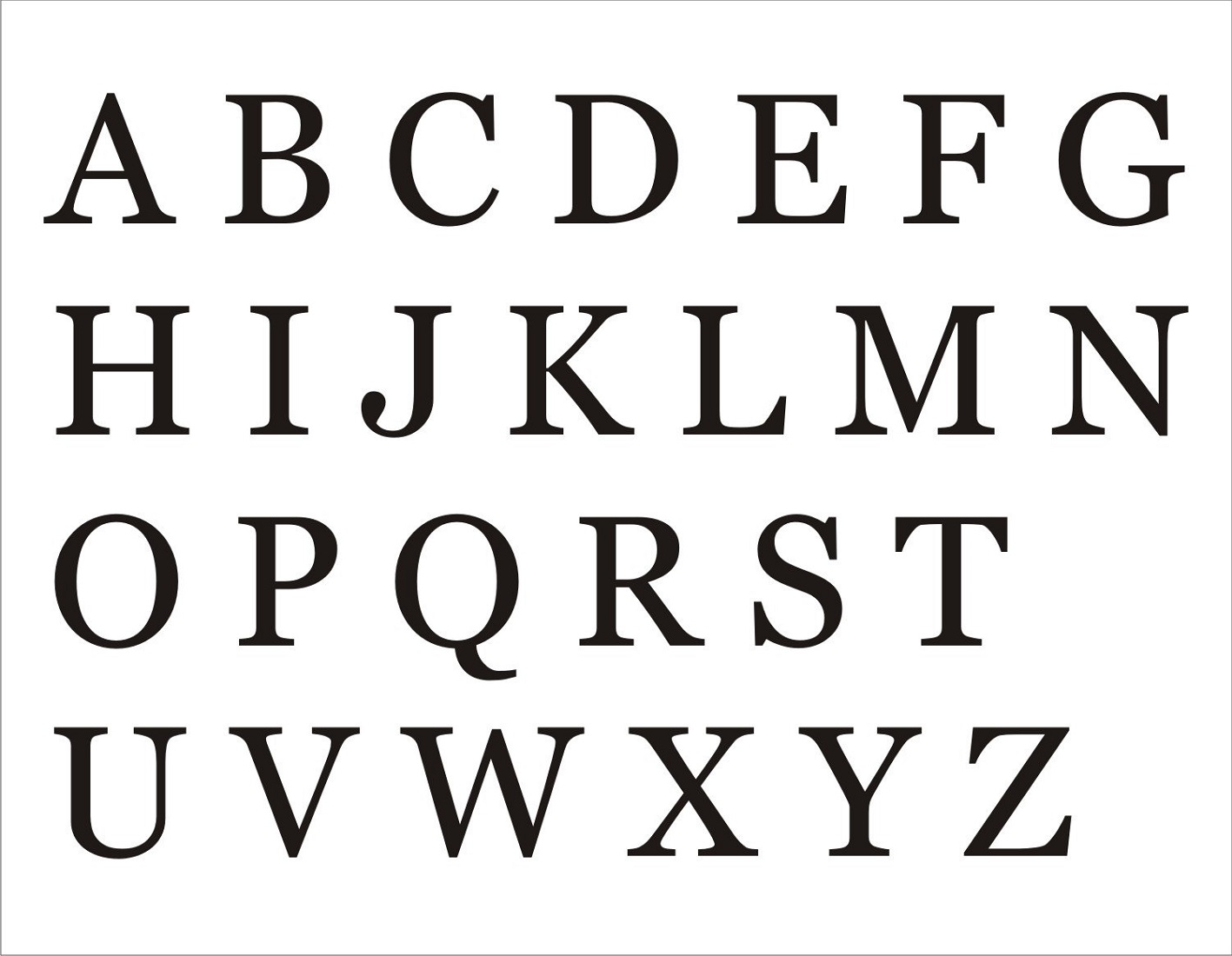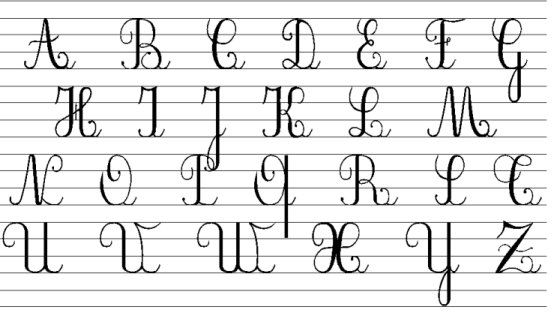Deadbody
JF-Expert Member
- May 30, 2015
- 4,276
- 6,584
- Thread starter
- #101
LECTURE #6
ADJECTIVE
(Hapa sasa tuwe makini zaidi maana ndio kuna makosa mengi sana )
Kama nilivyosema mwanzo huko Lecture #1
Adjective is a word used to express the quality,quantity ,number and to point out the person or thing
TYPES OF USES OF ADJECTIVE
Examples:
2.Predicative use-Used with a verb
Examples:
KINDS OF ADJECTIVES:
Adjectives are divided into 10 types
Examples:
Examples:
Examples:
Examples:
Examples:
Examples:
Examples:
Examples:
Examples:
Examples:
Every adjective has three Degrees of Comparisons
Examples:
Examples:Better than,fatter than,etc
Examples:
B . FORMATION OF COMPARATIVE AND SUPERLATIVE
1.Most adjectives form their comparative degree by adding 'er' and 'superlative ' by adding 'est' to the positive

2.When the positive ends with 'e' ,only 'r' and 'st' are added to form comparative and superlative

3.When the positive ends with 'y' and has a consonant before it ,'y' is changed into 'ier' and 'est'

4.Sometimes the last letter of the positive is doubled and 'er' and 'est' are added

5.Some adjectives form their comparative and superlative by adding 'more' and 'most'

C . IRREGULAR COMPARATIVES AND SUPERLATIVES
Some adjectives have no fixed rules to form their Comparative and superlative forms.
NOTE:Hizi unabidi uzisome nyingi sana kupitia vitabu

SOMO HILI LINAISHIA HAPA KWA LEO
ADJECTIVE
(Hapa sasa tuwe makini zaidi maana ndio kuna makosa mengi sana )
Kama nilivyosema mwanzo huko Lecture #1
Adjective is a word used to express the quality,quantity ,number and to point out the person or thing
TYPES OF USES OF ADJECTIVE
- Attributive use
- Predicative use
Examples:
- Beautiful girl
- Nice book
- Clever student
- Fair face
- Large building
- Lovely flowers
- Tall tree
- Worrying problem
2.Predicative use-Used with a verb
Examples:
- She is afraid
- They are dead
- He is alive
- He looked happy
KINDS OF ADJECTIVES:
Adjectives are divided into 10 types
- Adjective of Quality
- Adjective of Quantity
- Adjective of Number
- Demonstrative Adjective
- Distributive Adjective
- Interrogative Adjective
- Possessive Adjective
- Emphasizing Adjective
- Exclamatory Adjective
- Proper Adjective
Examples:
- Tina is a wealthy person
- Dar es salaam is an industrial city
- English is a national language
Examples:
- There is a little milk in the jug
- My father earned enough money
- He showed much courage in the war
Examples:
- She wrote six papers for her B.A
- Only few people are kind to the poor
- I got first class in my B.A
Examples:
- This book is very interesting
- That girl is very beautiful
- These flowers are lovely
Examples:
- Each boy was awarded a diploma
- Each Indian is entitled to adult franchise
- Every citizen should love his mother land
- Neither party has got majority in the recent elections
- Neither country accepted the treaty
Examples:
- What advice shall I give you?
- Which places do yo wish to visit?
- Which poet do you like most?
- Whose photograph is this?
- Whose hand write is this?
Examples:
- My mother is a teacher
- Your father is a doctor
- Our site is JamiiForums
- His wealthy was lost
- Her husband died in an accident
- All their daughters were married last year
Examples:
- I saw it with my own eyes
- That was the very book I was looking for.
Examples:
- What a beauty !
- What an insult !
- What a tragedy!
Examples:
- Indian president
- English grammar
- Tanzanian Parliament
- American President
Every adjective has three Degrees of Comparisons
- Positive Degree
- Comparative Degree
- Superlative Degree
Examples:
- She is a beautiful girl
- He is a brave man
Examples:Better than,fatter than,etc
- She is more beautiful than her sisters
- He is braver than his brother
Examples:
- She is the most beautiful of all her sisters
- He is the bravest of all brothers
B . FORMATION OF COMPARATIVE AND SUPERLATIVE
1.Most adjectives form their comparative degree by adding 'er' and 'superlative ' by adding 'est' to the positive
2.When the positive ends with 'e' ,only 'r' and 'st' are added to form comparative and superlative
3.When the positive ends with 'y' and has a consonant before it ,'y' is changed into 'ier' and 'est'
4.Sometimes the last letter of the positive is doubled and 'er' and 'est' are added
5.Some adjectives form their comparative and superlative by adding 'more' and 'most'
C . IRREGULAR COMPARATIVES AND SUPERLATIVES
Some adjectives have no fixed rules to form their Comparative and superlative forms.
NOTE:Hizi unabidi uzisome nyingi sana kupitia vitabu
SOMO HILI LINAISHIA HAPA KWA LEO


